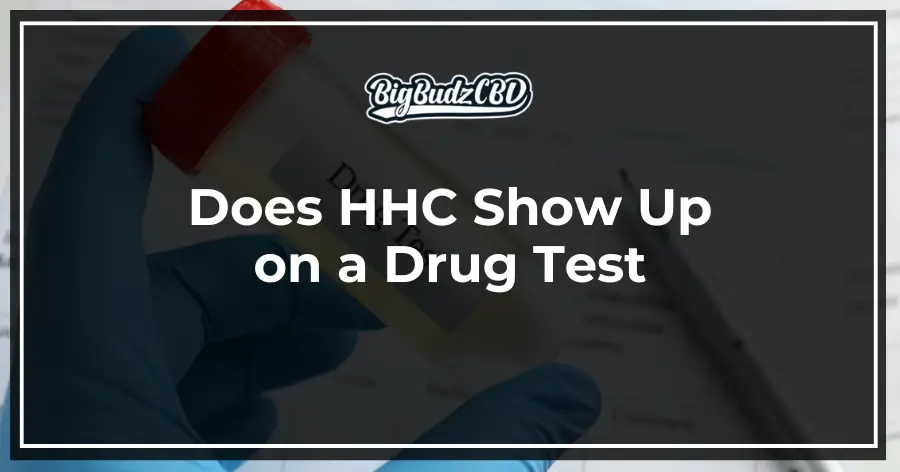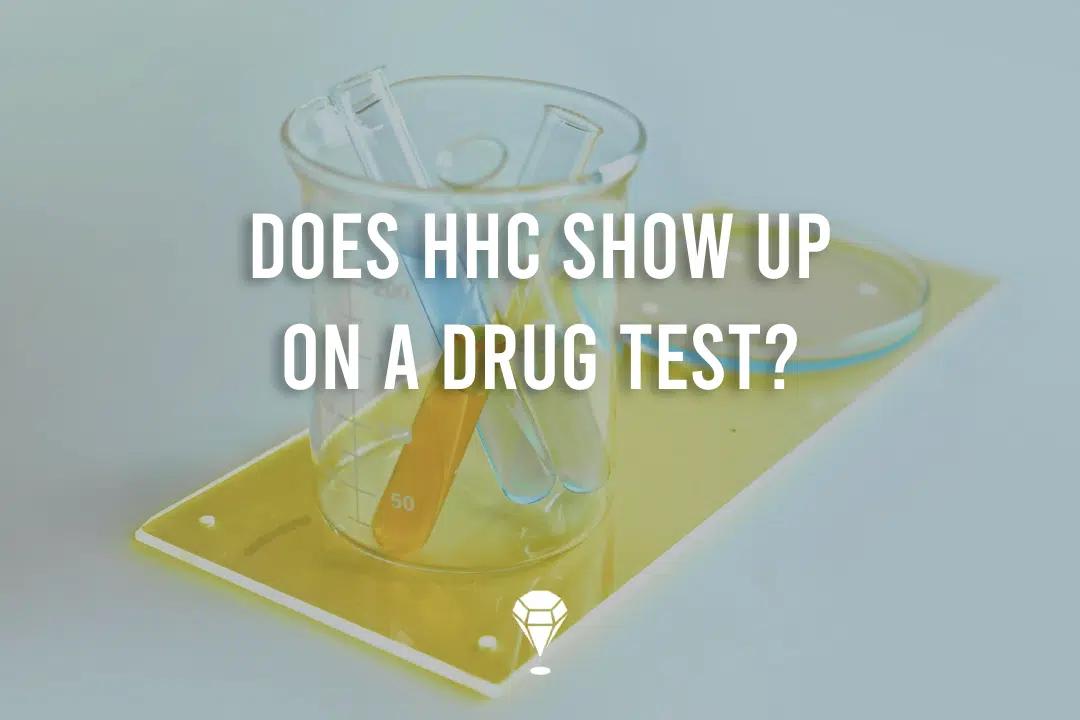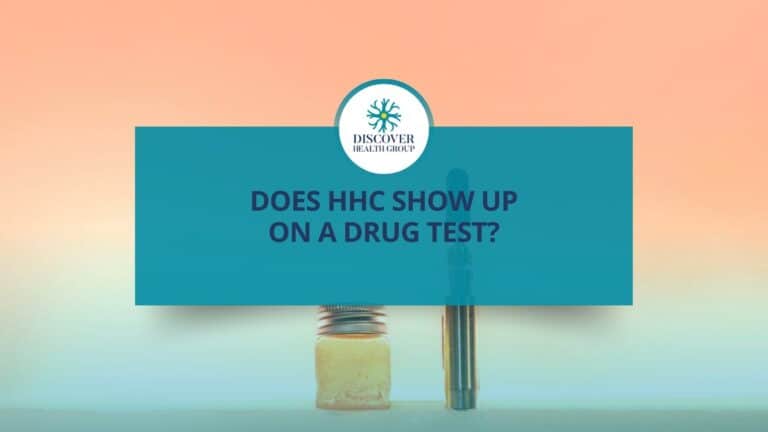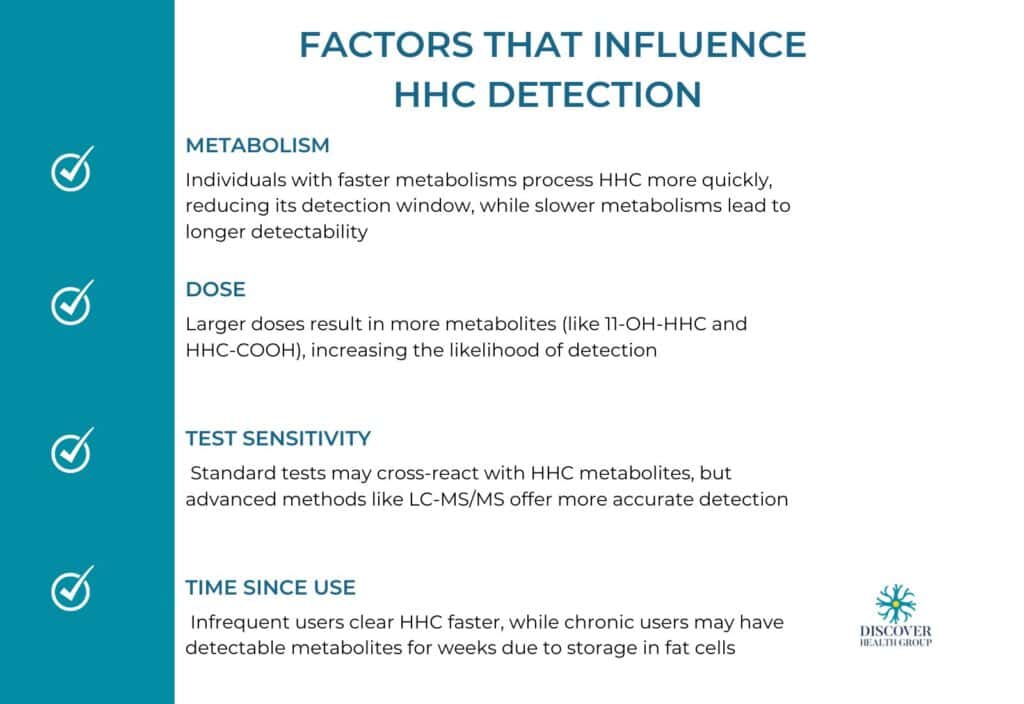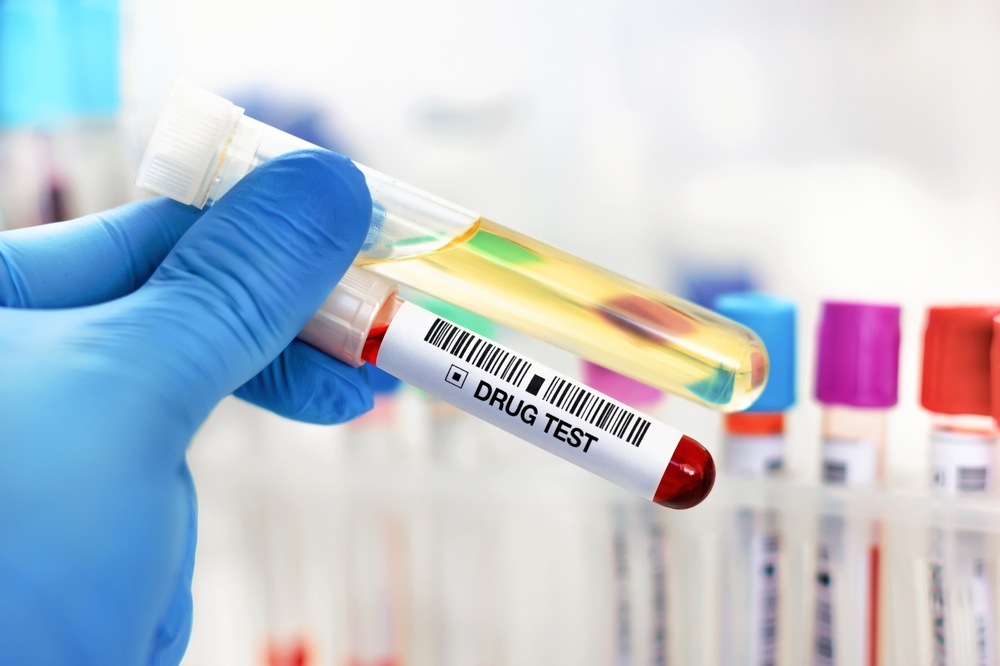Will Hhc Show Up On A Drug Test

The rise of hemp-derived cannabinoids has created a legal grey area, and with it, a significant degree of uncertainty. One of the most pressing concerns for individuals subject to drug testing is whether these novel compounds, particularly hexahydrocannabinol (HHC), will trigger a positive result.
The question isn't just academic; it impacts employment, legal proceedings, and even participation in certain sports. Confusion reigns supreme, fueled by conflicting anecdotes and a lack of definitive research, leaving many to wonder whether their legal HHC consumption could lead to unforeseen consequences.
The HHC Question: Will it Cause a Positive Drug Test?
The central issue is this: can HHC, a semi-synthetic cannabinoid gaining popularity as an alternative to THC, be detected in standard drug tests? This article aims to provide a comprehensive overview, exploring the science behind HHC, analyzing current testing methodologies, and examining expert opinions to offer clarity on this increasingly important topic.
We will delve into the specific mechanisms by which drug tests function, the metabolic pathways of HHC, and the potential for cross-reactivity with existing assays. The goal is to provide reliable information to help individuals make informed decisions about their consumption of HHC products.
Understanding HHC and its Metabolism
HHC, unlike THC, is not a naturally occurring cannabinoid in significant quantities. It is typically produced through a process called hydrogenation, which alters the chemical structure of THC. This structural difference is crucial because it affects how the body metabolizes the compound.
THC drug tests primarily target THC-COOH, a metabolite produced after THC is broken down by the body. The question is whether HHC is metabolized into a similar compound that could be detected by these tests.
Current research suggests that HHC does have its own unique metabolic pathway, and it's not fully understood. Some experts theorize that the metabolites produced by HHC are different enough from THC-COOH that they shouldn't trigger a positive result.
Current Drug Testing Methodologies
Most standard drug tests rely on immunoassay technology to detect the presence of specific substances or their metabolites. These tests use antibodies that bind to the target compound. If the compound is present in the sample, the antibody binds to it, triggering a detectable signal.
The sensitivity and specificity of these tests vary. Some tests are more prone to cross-reactivity, meaning they may detect similar compounds even if they are not the intended target. This is where the potential for false positives arises.
Confirmation testing, typically using gas chromatography-mass spectrometry (GC-MS) or liquid chromatography-mass spectrometry (LC-MS), is often performed to confirm the results of an initial immunoassay screen. These methods are more precise and can differentiate between similar compounds.
Expert Opinions and Emerging Research
The consensus among experts is that the likelihood of HHC triggering a positive result on a standard drug test is uncertain but possible. There is limited direct research examining the cross-reactivity of HHC metabolites with existing drug tests.
Some anecdotal evidence suggests that HHC use has led to positive results, while others report passing drug tests despite using HHC. This inconsistency highlights the need for more rigorous scientific investigation.
Dr. Emily Carter, a toxicologist specializing in cannabinoid metabolism, stated,
"Without specific testing for HHC metabolites, it's difficult to predict with certainty whether standard assays will detect its presence. Cross-reactivity is a possibility, especially with less specific immunoassay tests."
Factors Influencing Drug Test Results
Several factors can influence drug test results, including the sensitivity of the test, the frequency and dosage of HHC consumption, individual metabolism, and the specific HHC product used. Some HHC products may contain trace amounts of THC, which could contribute to a positive result.
The method of consumption also matters. Inhaling HHC, for instance, may lead to faster absorption and metabolism compared to ingesting edibles.
It is critical to remember that drug testing regulations and employer policies vary significantly. What may be acceptable in one jurisdiction or workplace may not be in another.
Legal and Regulatory Landscape
The legal status of HHC is complex and rapidly evolving. While it is often marketed as a legal alternative to THC due to its derivation from hemp, some states have begun to regulate or ban it.
The lack of clear federal regulations creates a challenging environment for consumers and employers alike. The inconsistent legal landscape also complicates drug testing policies.
As regulations change, so will the need for more refined and specific drug testing methodologies to accurately detect and differentiate between various cannabinoids.
Recommendations and Precautions
Individuals subject to drug testing should exercise caution when considering HHC products. The potential for a positive result, however uncertain, exists and should be considered.
Transparency with employers or relevant authorities regarding the use of HHC is advisable. Open communication can help clarify expectations and potential consequences.
If drug testing is a concern, abstaining from HHC is the safest approach until more conclusive research and standardized testing methods become available.
Looking Ahead: The Future of Cannabinoid Testing
The emergence of novel cannabinoids like HHC necessitates advancements in drug testing technology. More specific and sensitive assays are needed to accurately detect and differentiate between these compounds.
Researchers are actively working on developing new testing methods that can identify HHC metabolites. These advancements will provide greater clarity and reduce the risk of false positives.
In the meantime, individuals must remain informed and cautious about their consumption of HHC and other hemp-derived cannabinoids, understanding the potential impact on drug test results and related consequences. The landscape is ever-changing, requiring vigilance and a commitment to staying abreast of the latest scientific and legal developments.


